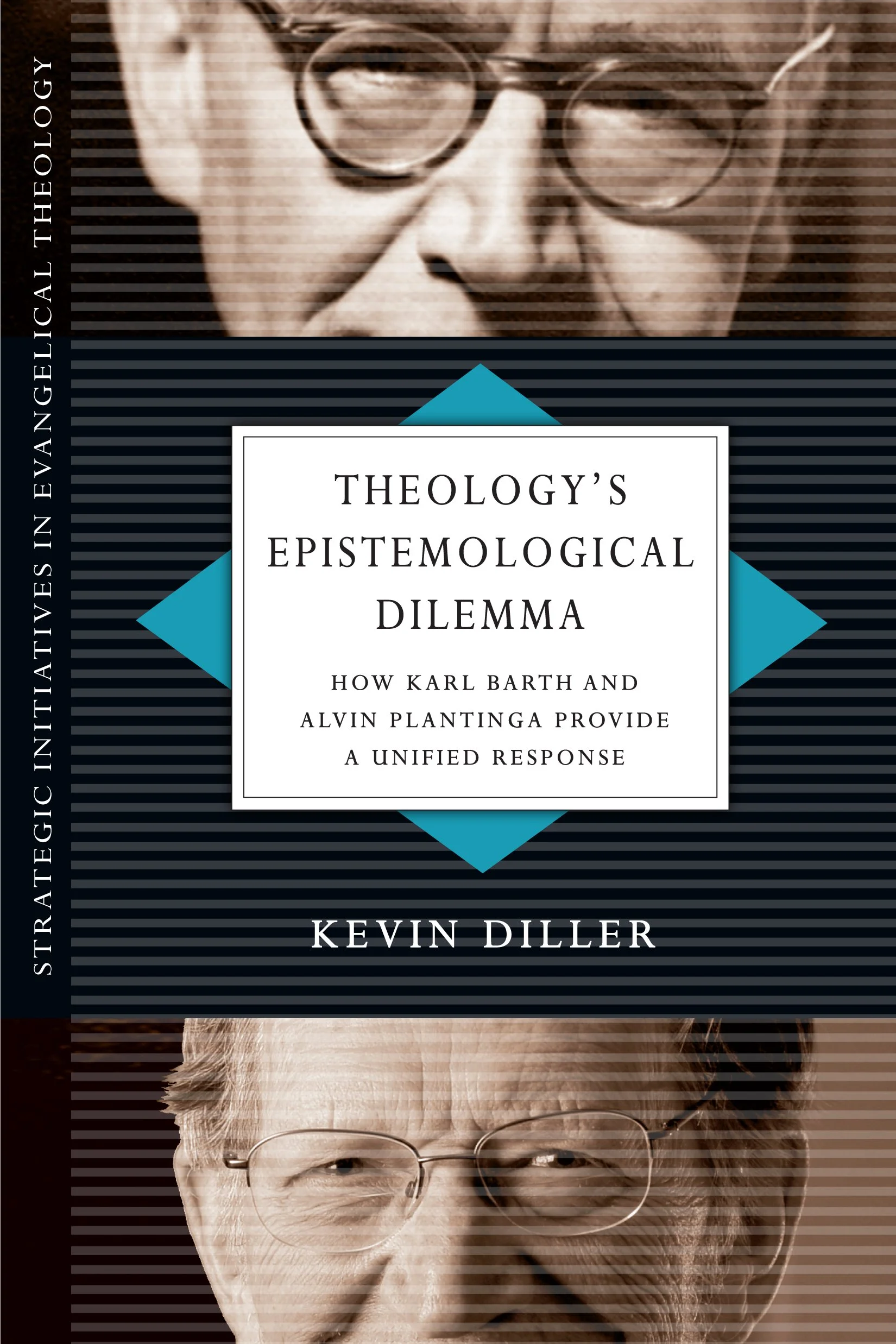Book Review: Knowledge and Christian Belief
Author: Alvin Plantinga
Publisher: Eerdmans
Reading Level: Moderate
Pages: 144
“But is it [Christian belief] true? And here we pass beyond the competence of philosophy. In my opinion no argument with premises accepted by everyone or nearly everyone is strong enough to support full-blown Christian belief…I can say only that it does, indeed, seem to me to be true, and to be the maximally important truth” (126)
Alvin Plantinga is perceived by many to be among the greatest modern Christian philosophers and apologists. In Knowledge and Christian Belief, Plantinga compresses the content of his vaunted Warranted Christian Belief into “a shorter and more user-friendly version of WCB” (vii).
Despite Plantinga’s pleasant writing style, it is hard to see Knowledge and Christian Belief as “user-friendly” to those unfamiliar with philosophy language and writing – this is a book for students and not leisurely introductions. Plantinga’s position on epistemology and emphasis on whether Christian belief has warrant might also be confusing to those unfamiliar with his work.
Using the Aquinas and Calvin’s concept of sensus divinitatis, Plantinga provides a defense for believers holding Christian belief and not the truthfulness of those beliefs. He addresses popularized de jure and de facto objections before developing what he calls the “A/C model” (Aquinas and Calvin) of epistemological warrant as found through the internal working of the Holy Spirit. Plantinga shows how this was the model of understanding specifically in the Reformed tradition under John Calvin and the Westminster Standards. Against popular arguments that label Christian belief as irrational or unjustified, Plantinga demonstrates such belief can be the product of a rational and intelligent process given the illumination of the Holy Spirit.
After demonstrating the Christian Belief does have warrant, Planting concludes Knowledge and Christian Belief showing how this model withstands defeaters of historical biblical criticism (chapter 8), pluralism (chapter 9), and evil (chapter 10). Defeaters are distinct from objections and Plantinga makes quick work of showing how none of these concepts and ideas (even in their fullest form) makes Christian belief irrational.
In conclusion, those looking to Knowledge and Christian Belief for Christian “proofs” will be disappointed. Non-Christians who are unfamiliar with this might also perceive Plantinga has fallen short of his defense of the Christian faith. That is not Plantinga’s intent. Knowledge and Christian Belief provides arguments that Christian theism is justified, warranted, and knowledge. Those asking “But is it true?” must be satisfied with Plantinga’s final answer “here we pass beyond the competence of philosophy.”







